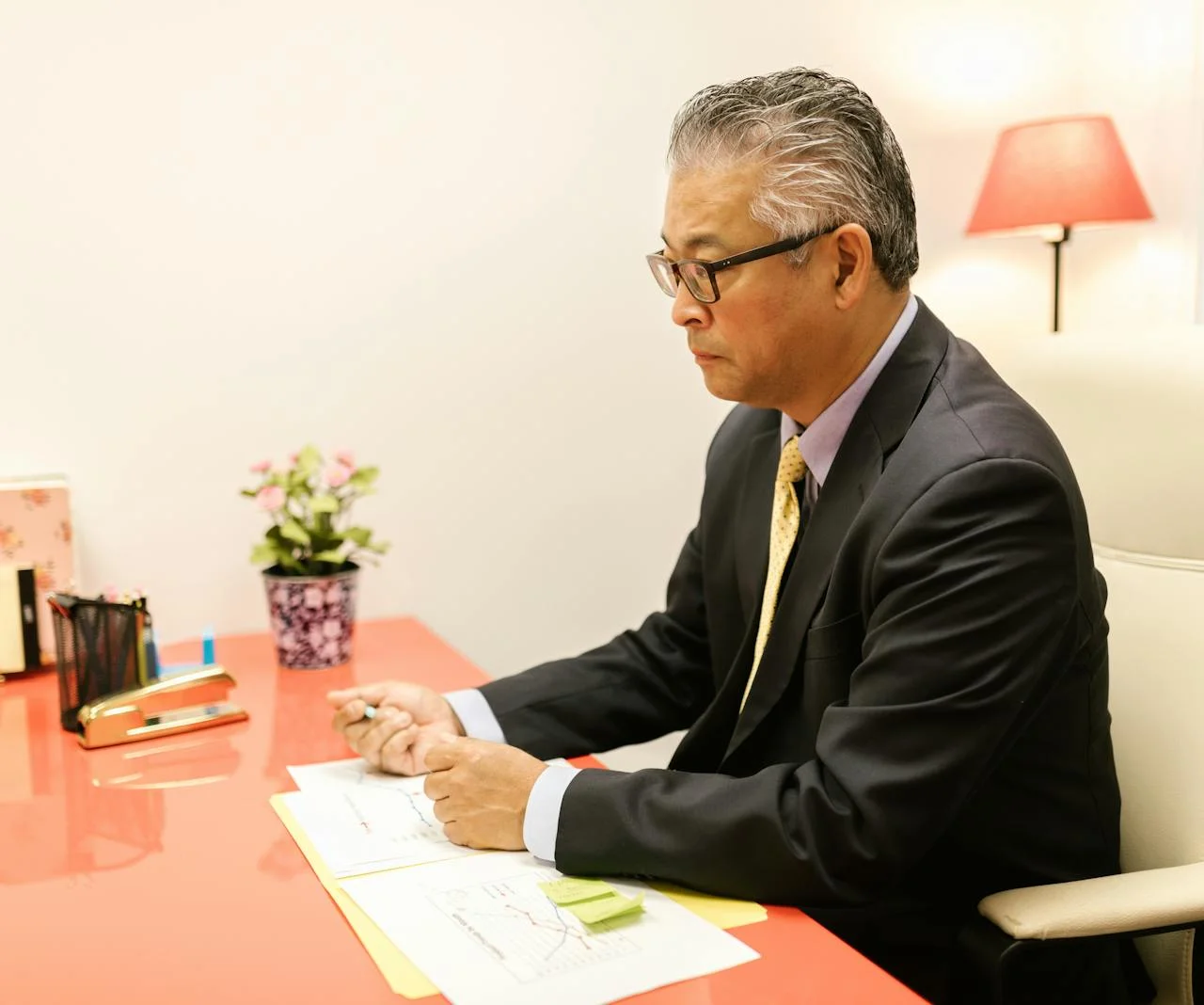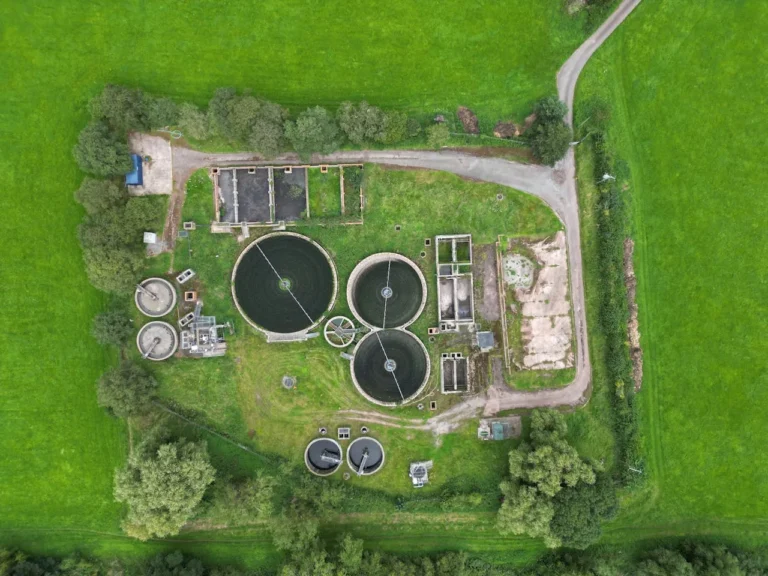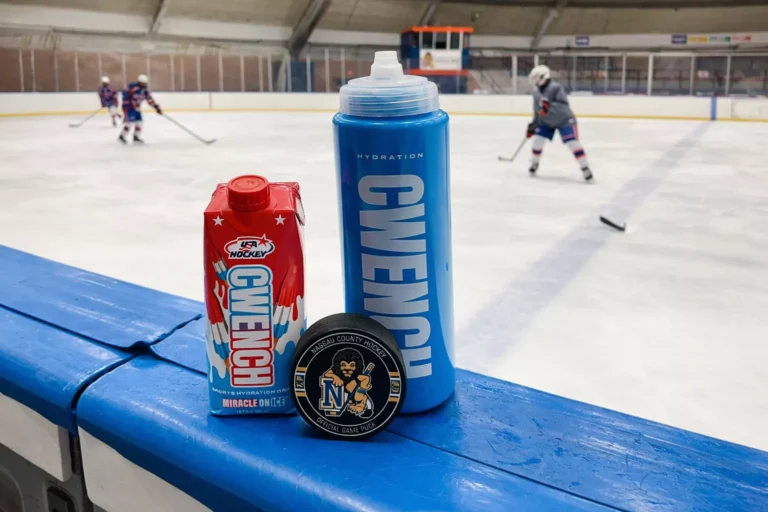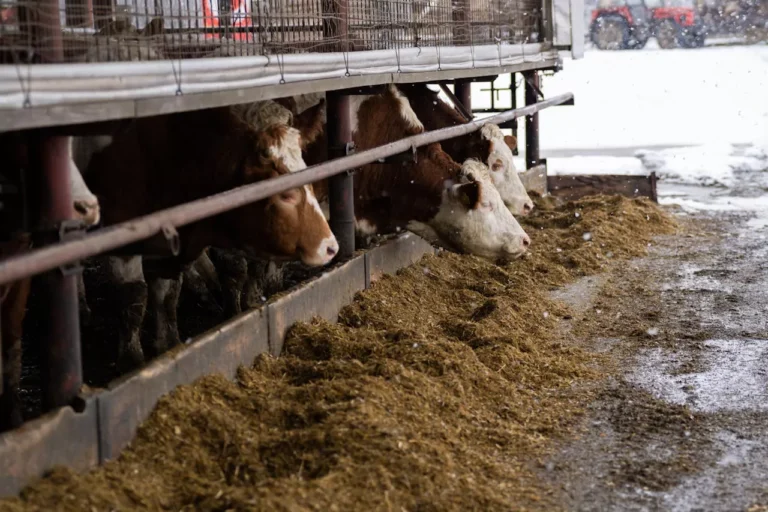
Our CEO Rohit Jawa on HUL’s Strategic Evolution
Rohit Jawa, the CEO and Managing Director of Hindustan Unilever Limited (HUL), offers insights into the company’s evolving business strategy, positioning HUL to seize future opportunities. In a recent discussion with the Economic Times, Jawa highlighted the importance of adopting a more innovative and agile business model, particularly as trends like premiumization and upgradation gain traction across both rural and urban markets.
HUL’s Business Performance
Over the past four to five quarters, HUL has witnessed gradual market growth, with volume increasing from low single digits to nearly mid-single digits. The previous 2-3 years saw significant inflation, but as it begins to recede, consumers are responding by increasing their consumption.
While it may be tempting to focus on short-term results, Jawa emphasizes the importance of a long-term perspective. India, currently a $3 trillion economy, is on track to become a $5 trillion economy. This growth will inevitably lead to significant expansion in all categories, including fast-moving consumer goods, given the current low per capita consumption in both urban and rural areas.
Blurring the Lines Between Rural and Urban Markets
A notable shift in recent times is the resurgence of rural growth, which is now outpacing urban growth—a trend likely to continue. Historically, rural growth has often led, and there is optimism that this trend will be sustained in the future.
The initial wave of rural growth stemmed from increased penetration of major categories. The next phase of growth is driven by consumers upgrading to premium brands, occurring on a large scale. Future growth will emerge from the expansion of new categories, moving from low to medium penetration and beyond. HUL excels at upgrading and unlocking consumer aspirations on a broad scale.
The distinction between premium product consumption in small towns and urban areas is becoming less pronounced. As India continues to urbanize and access to retail channels becomes more democratized, these distinctions will blur further. Smaller towns are beginning to resemble larger ones, and larger towns are evolving to mirror metropolitan areas.
Preparing for the Future
HUL is well-positioned for the future. With a market value exceeding Rs 60,000 crore, HUL operates on a global scale in a market that is poised to be a major consumer story in the coming decade. As India approaches its goal of becoming the third-largest economy in the world, a significant increase in consumption across all categories is expected.
HUL’s strengths lie in its leadership across most categories, extensive distribution network, and exceptional R&D capabilities. The company’s well-established brands are set to grow even further, thanks to technological advancements that will enhance product superiority. HUL’s resilience, reach, and manufacturing capabilities provide a significant competitive advantage. Reflecting on the company’s journey, Jawa remarks that while the accomplishments of the past are noteworthy, the next decade will require a different approach.
The new India demands a focus on upgradation to meet rising aspirations. HUL’s strategy will involve offering brands at various price points, entering high-growth markets—particularly in the foods and beauty sectors—and building strong digital capabilities. The future will require a business that can innovate, experiment, and adapt quickly, much faster than in the past.
HUL’s success is rooted in its ability to cater to the diverse needs of India. This deep understanding of consumer preferences, habits, and market dynamics makes it difficult for competitors to replicate HUL’s success.
A Dream Employer of Choice
HUL continues to be a sought-after employer, especially among young graduates. The company’s legacy as a breeding ground for effective leaders remains strong, even after 91 years of existence.
When speaking with young professionals, Jawa found that many choose to join HUL despite having multiple options. Their reasons include a passion for brands, alignment with HUL’s value systems, and the company’s emphasis on work-life balance and personal growth. Jawa himself has remained with HUL for 36 years, citing the company’s value system, learning opportunities, and culture as key factors that foster a deep sense of loyalty and commitment.




